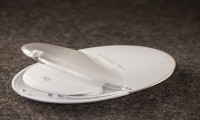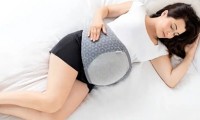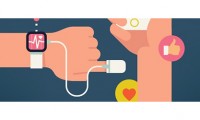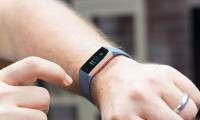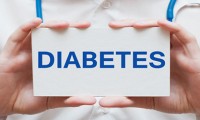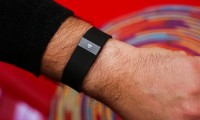-
4 Wearable ECGs EKGs Monitor and Their Features
- Source: Ddu
- 2,100
- September 5, 2018
-
Wearable Medical Device to Promote Maternal and Fetal Health in Late Pregnancy
- Source: ScienceDaily
- 1,731
- September 4, 2018
-
Use of Digital Health Rises, but Wearables &Telemedicine Falls – Rock Health
- Source: MobiHealthNews
- 1,698
- August 29, 2018
-
Wearable Medical Devices, Your Constant Healthcare Companion
- Source: Ddu
- 1,559
- August 28, 2018
-
Are Wearable Medical Devices Here to Stay?
- Source: Ddu
- 1,759
- August 27, 2018
-
New Version of Fitbit, Charge 3, Features Spo2 Tracking
- Source: MobiHealthNews
- 1,158
- August 22, 2018
-
Invention of Cortisol Detecting Wearable to Measure Stress
- Source: MobiHealthNews
- 1,053
- July 25, 2018
-
Johnson & Johnson Sells Calibra Diabetic Product to Cequr
- Source: MobiHealthNews
- 1,115
- July 19, 2018
-
Fitbit Charge HR – Assessment of Health Conditions in Cancer Patients
- Source: MobiHealthNews
- 940
- July 12, 2018
your submission has already been received.
OK
Subscribe
Please enter a valid Email address!
Submit
The most relevant industry news & insight will be sent to you every two weeks.

